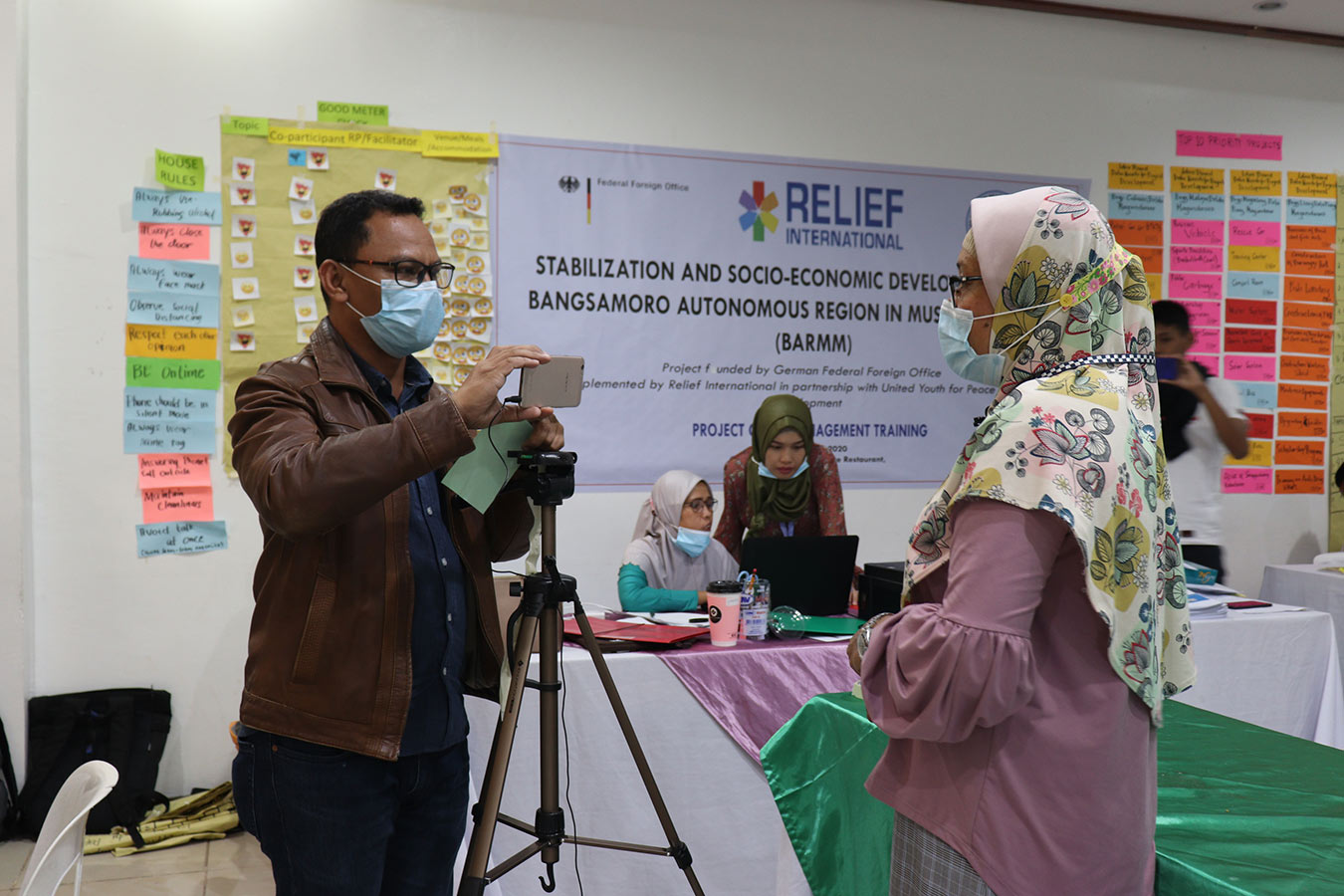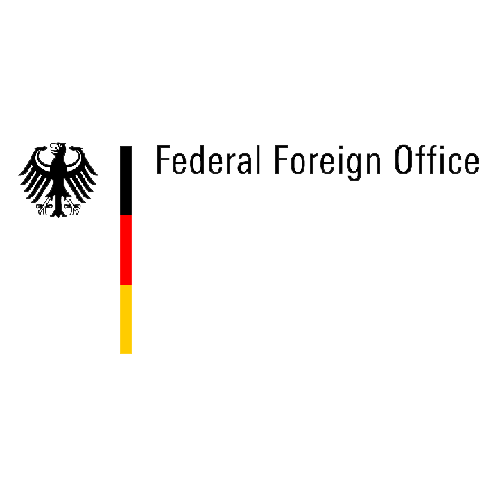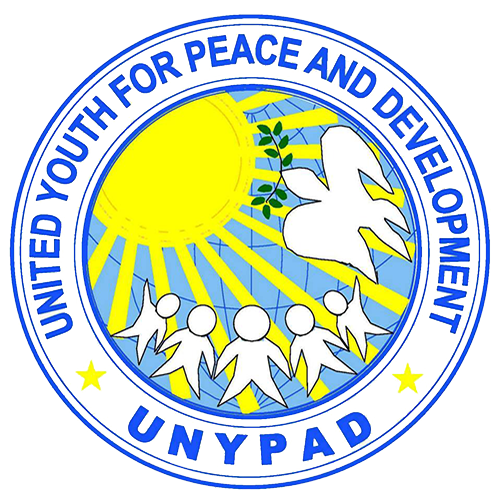The region of Mindanao in southern Philippines is one of the most fragile places in the world. Wracked by decades of underdevelopment, instability, and violent conflict, Relief International is partnering with local civil society organizations to overcome these development challenges.
The conflict in Mindanao has led to widespread displacement, and damage to infrastructure public buildings and homes. In Mindanao’s Maguindanao and Lanao del Sur Provinces, armed conflict and violence occurs frequently. It remains the poorest region in the Philippines and with a lack of resources, the local government systems are unable to provide much-needed services for people living in these communities.
In 2019, a public referendum voted in favor of the creation of the Bangsamoro Autonomous Region in Muslim Mindanao, representing an unprecedented opportunity for change.
In a strategic partnership with the German Federal Foreign Office, Relief International and our local partner United Youth for Peace and Development are working to strengthen state and civil society organizations in order to rebuild public services and trust among communities in Mindanao.
With the outbreak of COVID-19, we are working remotely to provide technical trainings on budgeting, monitoring, and project management to increase the organizational capacity of these local organizations. Our approach centers on providing conflict sensitive local development programs in order to improve the delivery of public services, such as healthcare and education.
In addition, this project also aims to provide greater access to social and economic opportunities for people living in areas that need this support most. Our teams will be awarding 20 block grants for community-led projects – including community improvement and infrastructure projects – in Mindanao’s Maguindanao and Lanao del Sur Provinces.
By investing in locally-led processes and training, state and civil society organizations will be better able to deliver improved public services to families in the most remote reaches of Mindanao — and ultimately, this will become a self-reinforcing cycle that leads to more opportunities for the most marginalized, builds public trust, and ultimately, works to end fragility in the region.


